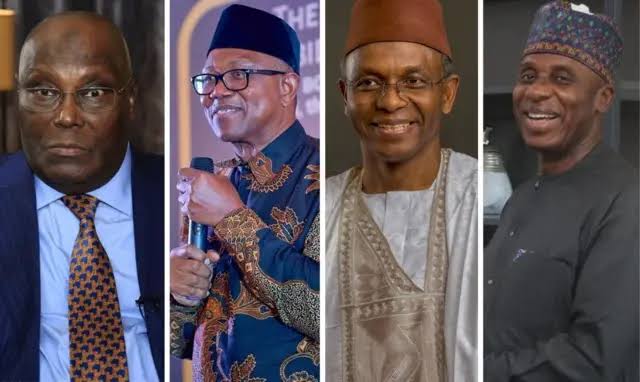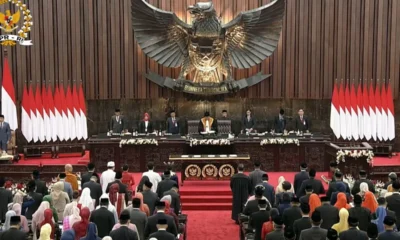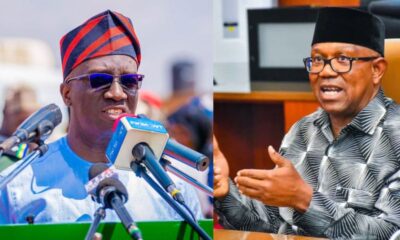In Nigeria’s political landscape, few things are more constant than the changing colours of party flags. The recent wave of political defections, alignments, and sudden “new movements” what some have branded “Sabuwar Tafiya” has once again resurfaced as politicians, from the national to the local levels, switch allegiances with remarkable ease. But as citizens and voters, especially those at the grassroots, we must pause and ask: What is the true meaning of this new journey? And who is it truly for?
Political realignments are not inherently wrong. In healthy democracies, ideological reconfigurations and coalition-building are part of political development. But in Nigeria, history teaches us that most of these “new journeys” are not about the people, they are about personal interests, ambition, and calculated access to power. They often reflect a politics of betrayal, deception, and elite recycling, rather than transformation.
Take for example the 2014 merger that produced the All Progressives Congress (APC). It was marketed as a “new beginning,” a patriotic reformation to rescue Nigeria. That same merger brought to power leaders who, in retrospect, lacked the competence, vision, and commitment required to lead a complex nation. From the highest office in the land to some of the worst-performing governors and state assembly members, the “SAK” (follow-follow) mantra swept individuals into office solely on the basis of loyalty to the merger not on merit or credibility.
Today, a similar wave is forming. Another merger. Another “Sabuwar Tafiya.” Once again, old faces are rebranding, defectors are returning to former rivals, and failed officeholders are now promising new beginnings. The question is: Have they changed, or are they just changing direction?
A glaring example of this deception lies in the actions of former Aviation Minister Hadi Sirika, a product of the previous merger. In 2023, Sirika orchestrated the unveiling of a so-called “Nigerian Air” that turned out to be a charade. The aircraft was rented from another airline, repainted with Nigerian colours, and presented as a national carrier. That moment was not just a scandal, it was a metaphor for how deception has become institutionalized in our political culture.
This is why, I’m not opposing “Sabuwar Tafiya” blindly, but we must approach it with intense scrutiny and civic awareness. Many of the actors spearheading these movements do not represent reform; they represent a continuity of political opportunism. Their urgency to switch parties is often driven by fear of irrelevance or desperation for power not by a genuine desire to serve the masses.
To the electorate, especially those at the lower levels of political participation:
Open your eyes. Reflect. Question.
Not every “new beginning” is truly new. Not every loud voice is sincere. Not every familiar name deserves a second chance.
The same people who betrayed your trust yesterday are now returning with new slogans. Will you trust them again without accountability?
The road to 2027 begins now not with rallies, but with reflection. Let us not be deceived by drama, enticed by empty promises, or swept by slogans. Let us vote wisely, demand performance over propaganda, and hold history as our mirror.




























